Breaking
- MENU

On the mid-night of 24 June, streets in Saudi Arabia witnessed a celebration of sorts, not revolution, when women were given the freedom to drive by the regime. Surely it is a major gain or concession—depending on the perspective one looks at—which will facilitate the processes set in by the Vision 2030. Besides bestowing legitimacy to the regime, this will certainly help in cutting cost, in terms of time and energy, for working women, enhance their efficiency quotient and make a strong case for them in the job market. On the face of it, this could also be described as the beginning of freedom and empowerment of the Saudi women, but there are some lingering questions. The reported arrest of women activists who have been championing the women cause, including driving, calls for serious scrutiny. The merit of the case can be better appreciated if it is not evaluated in isolation but within a wider frame.
The Arab uprising might not have led to the processes it unleashed to their logical conclusions, but it has certainly forced the ruling regimes to realize that the rent based social contract is neither sustainable nor acceptable to the millennial generation. It is not sustainable because the regimes are no more solvent enough to trigger the pace of economy to underwrite the increasing demands of the people. Structurally too the oil-based economy is reaching to its limits to engage the growing working population gainfully and with dignity. Growing unemployment is its manifestation and hence diversification is not a matter of choice but a compulsion.
At a fundamental level, the issue is not merely of number; that is, more than 70 per cent of the population is of less than thirty years old but more seriously the aspiration quotient of this population. The Saudi youth does not face the burden of poverty though the means are not sufficient to meet its aspirations and imagination of life. Located in the wider frame of global cyber space, externality plays a vital role in defining its preferences and choices ranging from culinary to even persona. Trained and educated in the western education system, the youth aspires to be part of start-up culture, to be the incubator of ideas and innovator. It is millennial generation looking for space to redefine its identity. Interestingly, the millennial youth seems to be politically conservative and hence, it is the right constituency to cultivate.
The vision agenda of Saudi Arabia aims to create an ecosystem with a social contract to meet the millennial aspiration. The new city on the Red Sea, promoting entertainment industry including cinema and sports and advocacy for a moderate Islam are pointers to the reform agenda of the regime. However, the dynamics of the social contract needs to be understood by juxtaposing the two contrary decisions, namely,–accrued freedom to women to drive and denial of ‘right to demand’. Apparently like the rentier regime, it is the discretion of the regime, not the right what would decide the freedom space. The apprehension could be that any symbolic yielding of rights could spill over to the political frontiers. The regime would not like to escalate the aspiration to that threshold. Hence the message in the arrest of activist women is against activism. The social contract thus is being redefined not around the parameter of taxation and representation despite the framing of tax regime and cut in subsidies. In the global context where liberal democracies are seemingly failing and being subverted by the success of the Chinese model, it could well be argued by the Saudi regime that the opening of political space could not be the new normal of the emerging social contract.
____________
As part of its editorial policy, the MEI@ND standardizes spelling and date formats, to make the text uniformly accessible and stylistically consistent. The views expressed here are those of the author and do not necessarily reflect the views/positions of the MEI@ND. Editor, MEI@ND: P R Kumaraswamy

Girijesh Pant is a National Fellow of Indian Council of Social Science Research (ICSSR) at Symbiosis International University Pune. Formerly, he was Dean of the School of International Studies at JNU and has served as Vice-Chancellor at Doon University, Uttarakhand and GGD University at Bilaspur. He is also associated with higher academic bodies like the University Grant Commission, ICSSR, Indian Council of World Affairs, etc. He has recently been appointed as Member, Academic Committee of the School of International and Area Studies, Tsinghua University. China. His academic interest includes development studies with a focus on India and West Asia; political economy of Gulf countries; political economy of international energy; India’s energy security and energy relations, India’s economic relations with GCC countries. Awarded Lifetime Achievement Award by Venkateshwara University Tirupati, he has been Senior Fulbright Visiting Scholar, University of Illinois, IL. He has travelled widely and participated and contributed papers in several national and international conferences, journals and books. Presently he is working on energy transition concerning India.

"For me to put efforts and resources and time in an organization that we are a very small playe.....

The proceedings of recent visit of the Chinese President Xi Jinping to UAE may not cast sh.....

After one year of the blockade, the economy of Qatar is linked more dynamically beyond its immediate.....

India’s prospective engagement with the Arab world, especially the six-member Gulf Cooperation.....
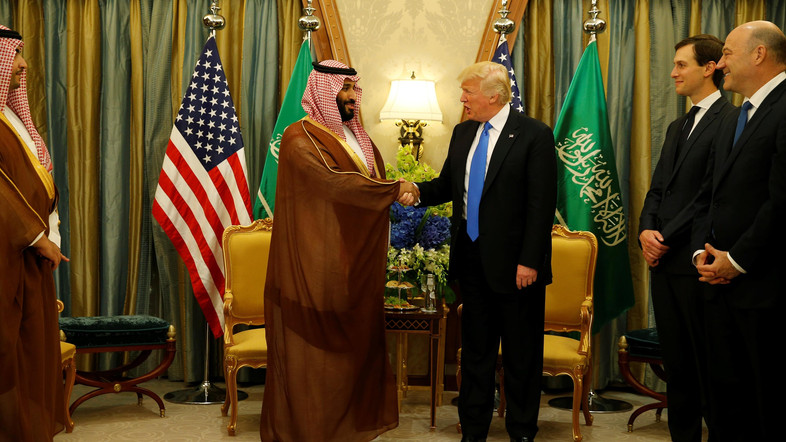
Saudi Crown prince Muhammad bin Salman’s visit to the United States of America to celebrate th.....

A Financial Action Task Force (FATF) report criticizing Saudi Arabia’s anti-money laundering and terrori.....
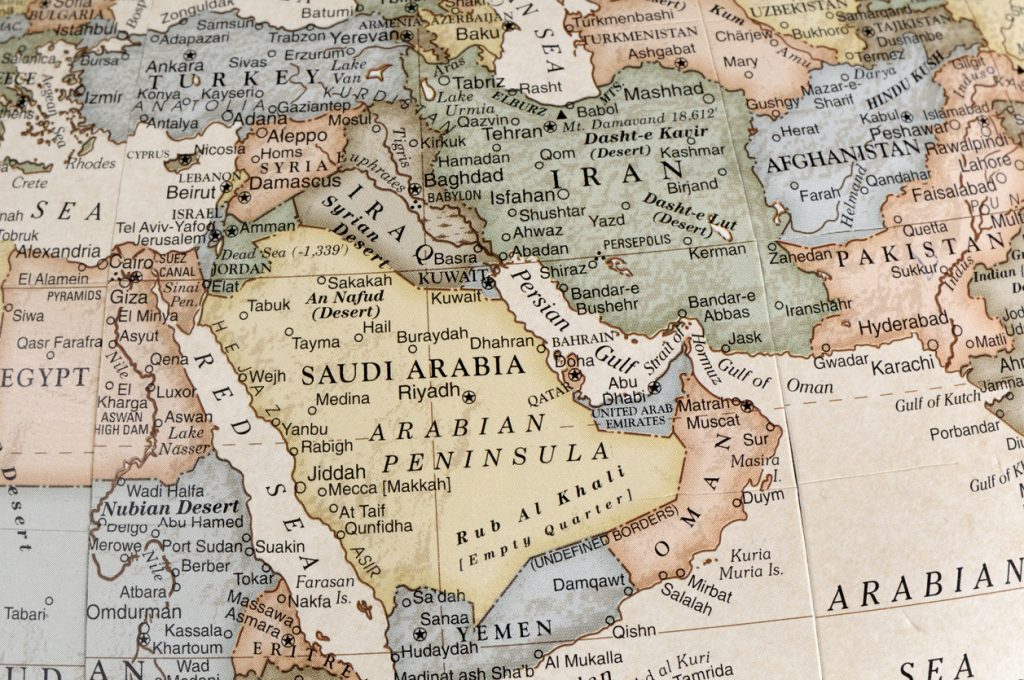
With multiple Middle Eastern disputes threatening to spill out of control, United Arab Emirates minister of st.....
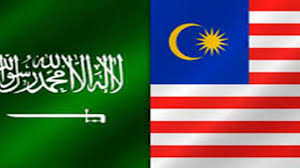
Embattled former Malaysian Prime Minister Najib Razak was the main loser in last month’s elect.....
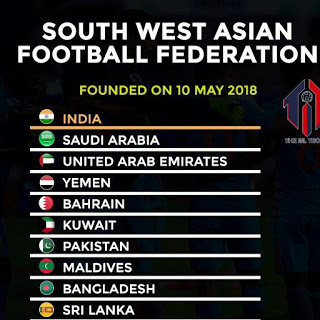
Saudi Arabia’s bitter rivalry with Iran has spilled onto Asian soccer pitches with the newly c.....

A controversy in Algeria over the growing popularity of Saudi-inspired Salafi scholars spotlights the risk gov.....
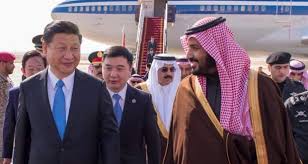
Subtle shifts in Chinese energy imports suggest that China may be able to exert influence in the Middle East i.....
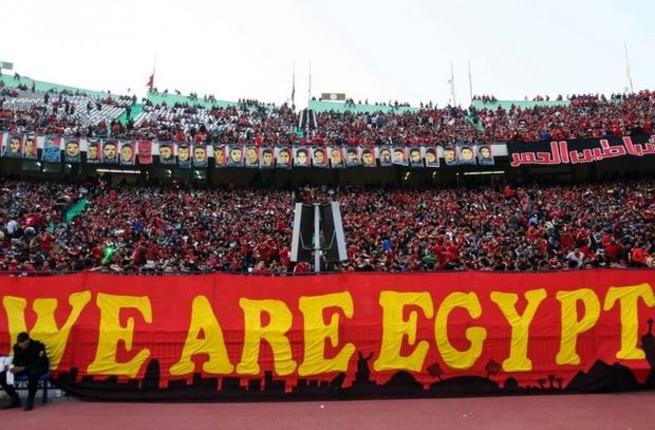
Egyptian general-turned-president Abdel Fattah Al-Sisi won a second term virtually unchallenged in what is wid.....
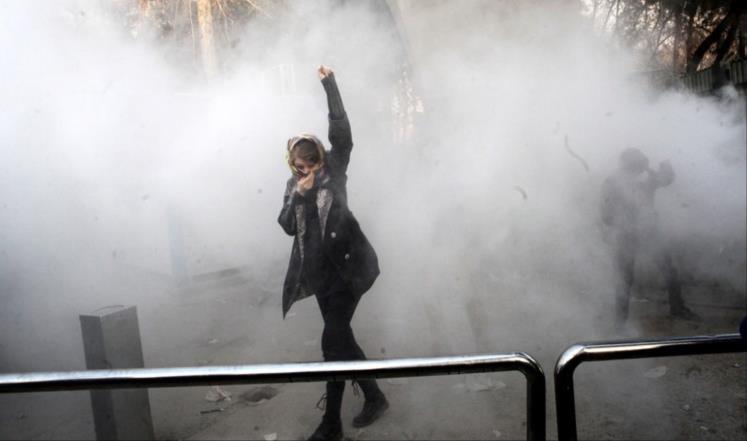
Protests have erupted in Iran’s oil-rich province of Khuzestan barely three months after the Islamic rep.....

The recent violation of Israel’s air space by an Iranian drone and Israel’s retaliation against Sy.....
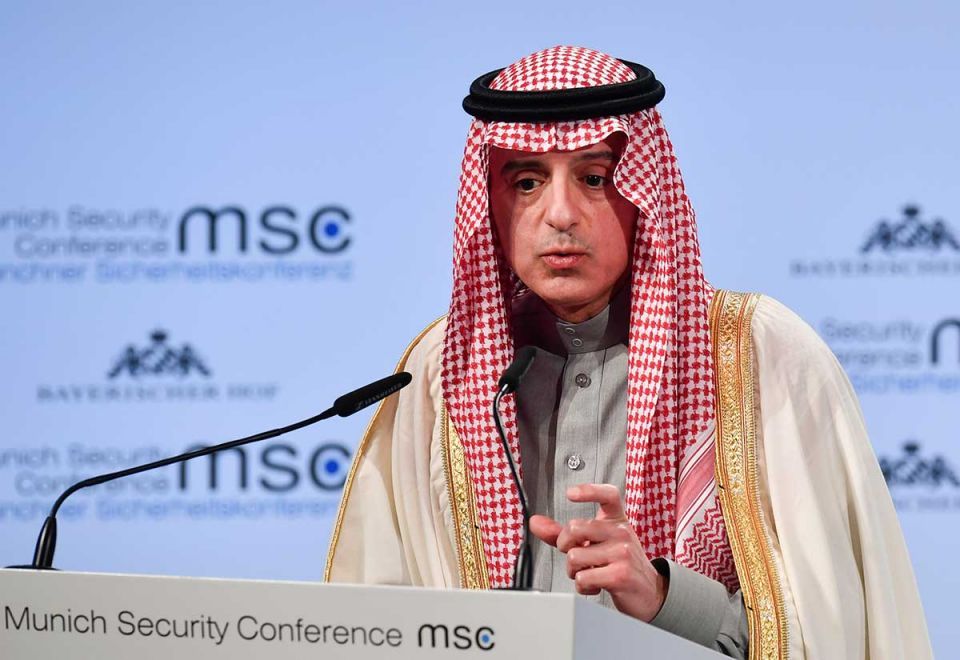
During his speech at the annual Munich Security Conference in February, Saudi Minister of Foreign Affairs Adel.....

Saudi Crown prince Muhammad bin Salman’s visit to the United States of America to celebrate the 75th ann.....
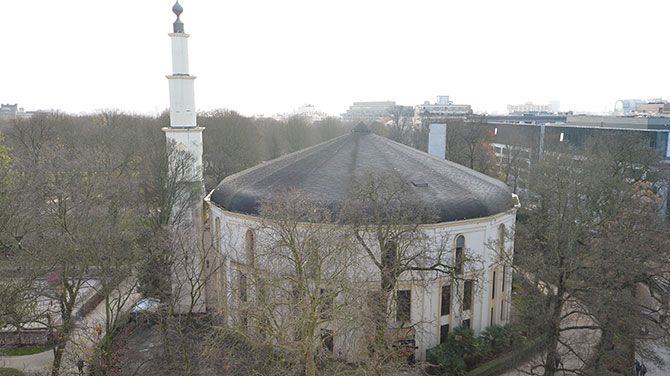
Saudi Arabia, in an indication that it is serious about shaving off the sharp edges of its Sunni Muslim ultra-.....
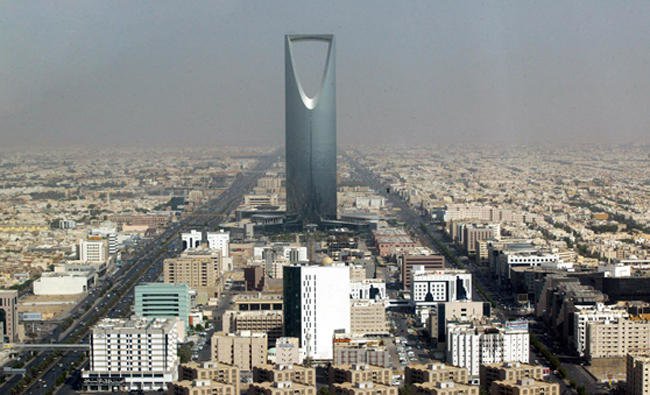
A Saudi draft law could constitute a first indication that Crown Prince Mohammed bin Salman’s vow to ret.....
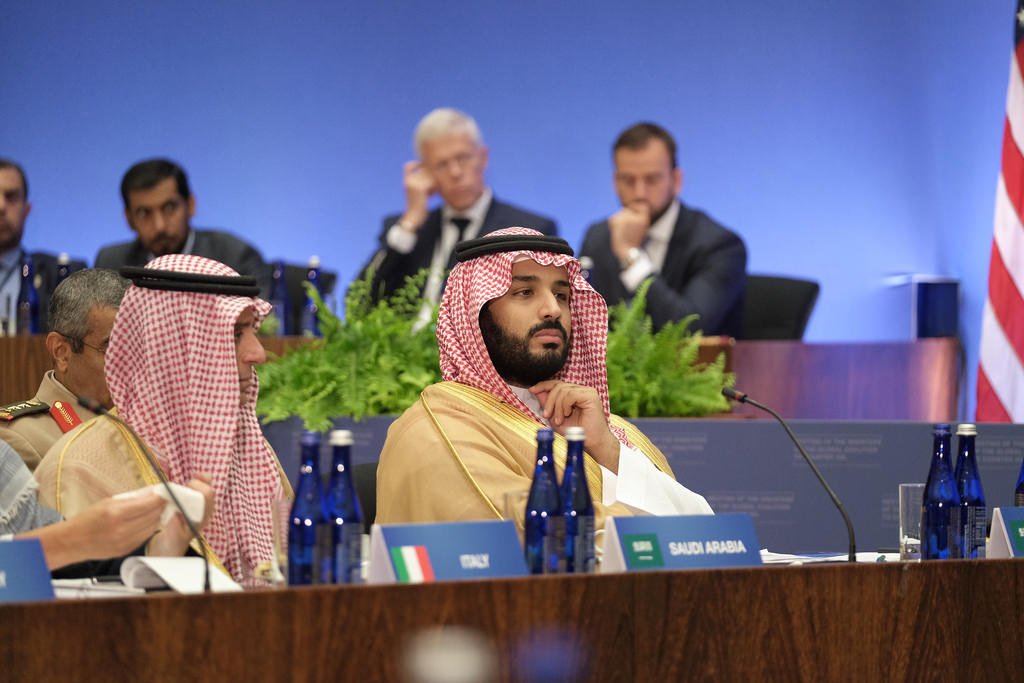
Saudi Crown Prince Mohammed bin Salman has won the first rou.....

The egregious violation of freedom of the press in Turkey has reached a mammoth proportion that places Turkey .....
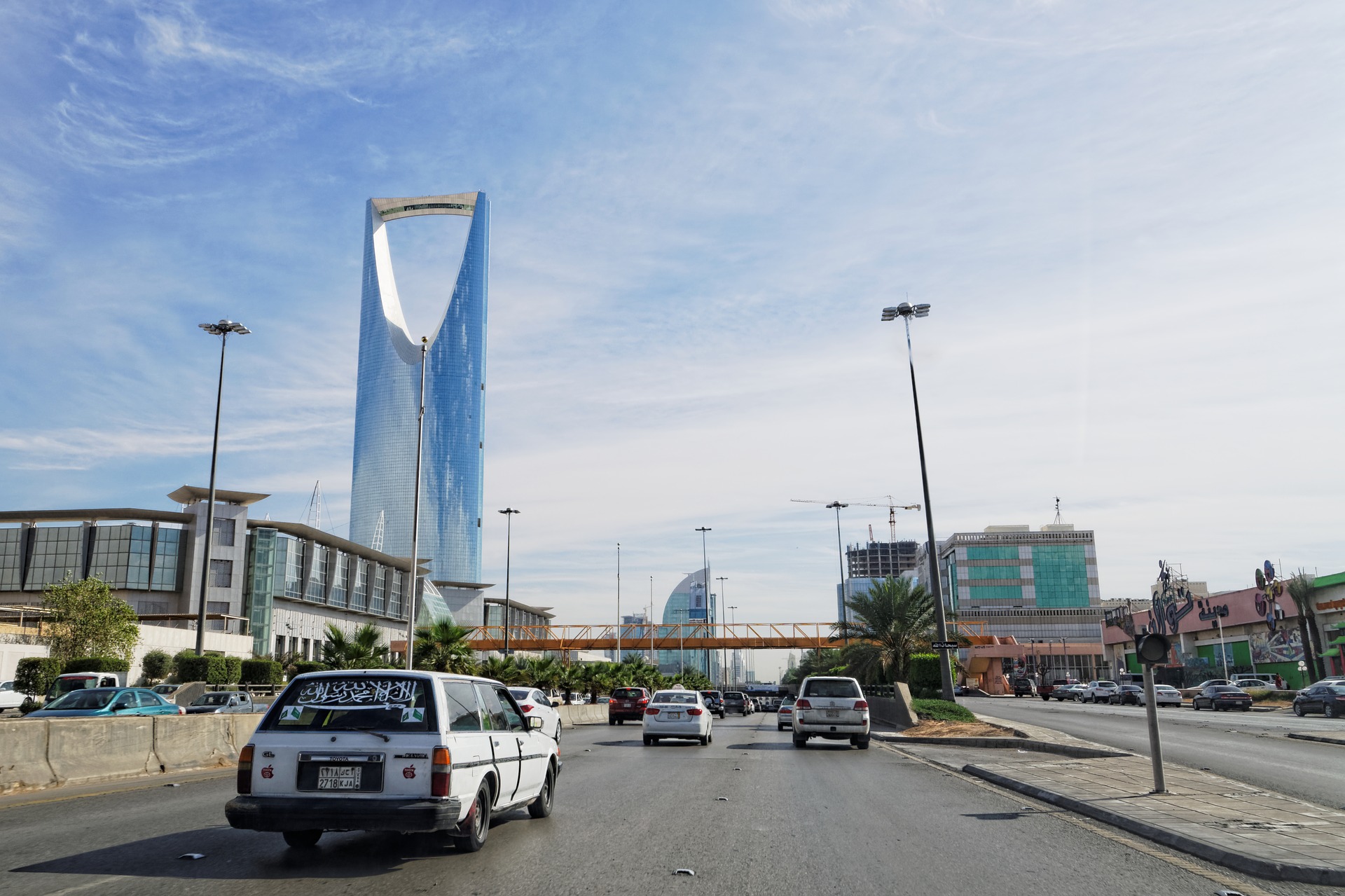
Kuwaiti billionaire Maan al-Sanea should have seen it coming after Saudi Crown Prince Mohammed bin Salman vowe.....

The Iraqi Kurds’ referendum that was conducted several weeks ago won an overwhelming majority in favour .....
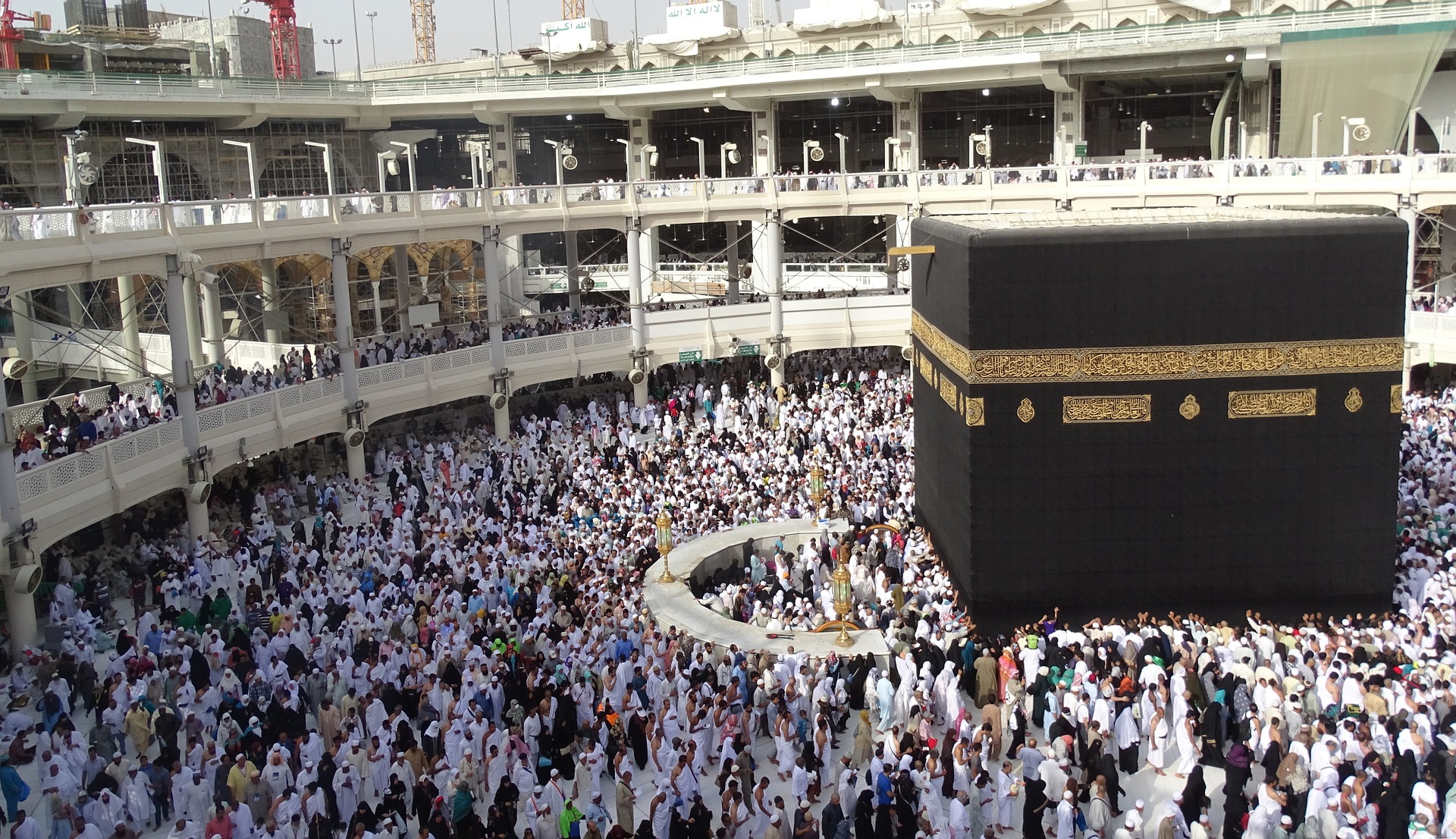
Long-standing Saudi efforts to dominate the pan-Arab media landscape appear to have moved into high gear with .....

